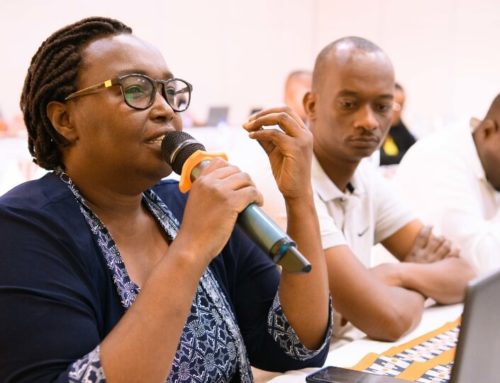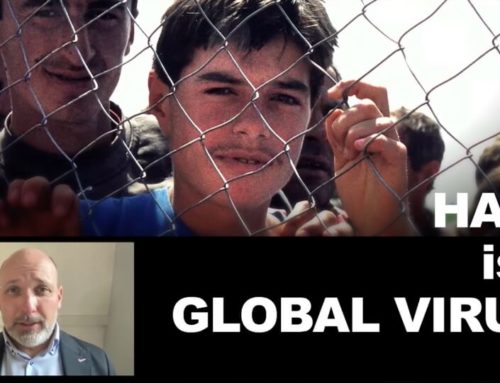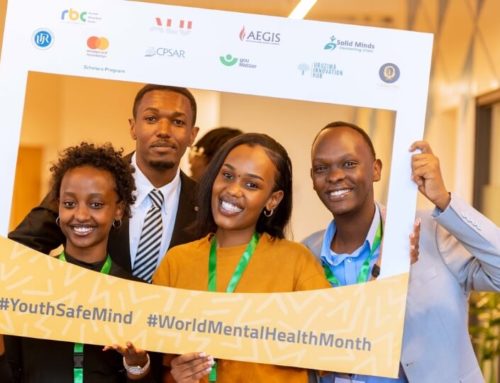 8 April 2011 – Wartime hero Denis Avey, who recounts how as a prisoner of war he twice broke into Auschwitz III and also helped to save the life of a Jewish inmate, last week launched his memoirs at The Holocaust Centre (home of the Aegis Trust) together with Rob Broomby, formerly the BBC’s Berlin Correspondent, who discovered his story and worked with him to pen the volume.
8 April 2011 – Wartime hero Denis Avey, who recounts how as a prisoner of war he twice broke into Auschwitz III and also helped to save the life of a Jewish inmate, last week launched his memoirs at The Holocaust Centre (home of the Aegis Trust) together with Rob Broomby, formerly the BBC’s Berlin Correspondent, who discovered his story and worked with him to pen the volume.
Published on 31 March by Hodder & Stoughton, ‘The Man who broke into Auschwitz’ has already become a best-seller. It carries a foreword by renowned historian Sir Martin Gilbert and has received high praise from the likes of Pulitzer Prize winner Henry Kamm. “Denis is a hero in a time of terror,” says Kamm, “a man of limitless moral and physical courage.”
‘An inspiration’
Before his capture, Avey, 92, served in reconnaissance missions behind enemy lines in North Africa. He details how as a prisoner, on two occasions he daringly swapped places with a Jewish prisoner in Auschwitz III, risking his life to experience the conditions that faced the Jewish inmates. British PoWs were used as slave labour alongside Jewish inmates, one of whom – Ernst Lobethall – Avey was able to help, smuggling cigarettes to him that he was able to trade for resoled boots – essential to improving chances of survival in the harsh conditions of the camp, and even more important on the death march as the Nazis fell back from the Allied advance, taking their prisoners with them. In video testimony recorded by the Shoah Foundation in 1995, Lobethall credited his survival to the British soldier he knew only as ‘Ginger’. He passed away in 2002 without ever having the chance to thank his rescuer in person.
“At a time when most would place their own survival above all, Denis had the inner resource to show humanity toward others,” says Dr James Smith, Chairman of The Holocaust Centre. “He’s an inspiration; a hero who richly deserves recognition for his selfless actions.”
“I’m only hoping, and I’m praying, that more should be made of The Holocaust Centre, to get more people there, to let them see and remember,” says Denis Avey. “If young people have the knowledge and the education, they can go forward and vow that the scourge of genocide will be entirely exorcised. And it can be exorcised, because they can remember what it was, and get rid of it before it starts.”
(Pictured at The Holocaust Centre, L-R: Dr James Smith; Holocaust Centre Director Helen Whitney; Denis Avey; Rob Broomby.)





